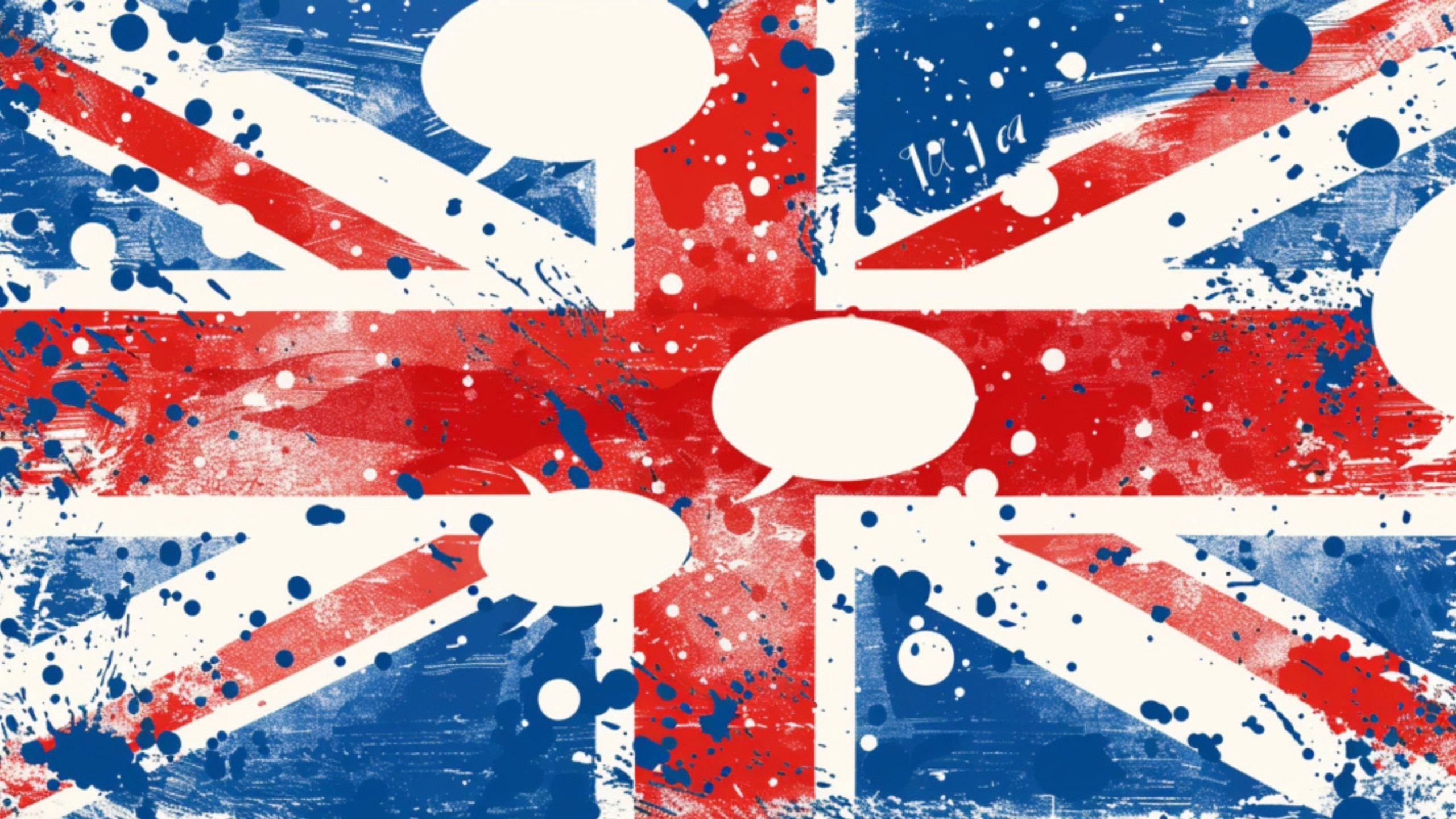The Office of Communications (Ofcom), a regulator in charge of enforcing UK’s sweeping censorship law, the Online Safety Act, is bringing up the issue of misogyny, specifically in terms of online harassment, to pile on more pressure on social media companies.
Ofcom issued a press release explaining what it intends to “tackle” here, by means of censorship.
Ofcom wants to extend this to public figures such as journalists and politicians as well, prompting fears that members of the public might face yet another hurdle while trying to exercise their right to criticize these persons.
Ofcom’s proposals as to how this might be implemented are fully in line with the wording and tactics we’ve been seeing over the last years in the US, and beyond, with tech companies (it now turns out, in many instances attempting to protect themselves from previous government’s pressure).
Namely, make “definitions” of what is harmful as vague as possible – and then, by extension, the enforcement.
A lot of things, once you give it a moment, could fit into this Ofcom “definition” of what tech platforms are now supposed to address: “Detected misogyny, nudity or content depicting illegal gendered abuse and violence.”
Sounds great at first – but what is it, precisely? We’ve heard of faulty algorithms perplexingly designating social media users as “abusers.”
Critics think the wording of Ofcom’s latest “mission statement” might be just another way for the regulator to obfuscate the real issue (namely, of genuine online abuse) – as a guise to usher in an even stronger grip on UK online users’ speech.
From there on, demanding censorship of legal content, shocking as it might appear, goes hand in glove:
“For legal content, in some cases, providers may also seek to limit the circulation of such content through persuasion, removal, and reduction.”
Doesn’t end there, either. Social media should “set safer standards.”
This is basically along the lines of “pre-crime” – except, in this case, there isn’t even a crime. It sounds like “pre-pre crime.”
“Reduce the circulation of content depicting, promoting, or encouraging online gender-based harms,” urges Ofcom.
And here’s where the supposed worry about misogyny “automagically” blends into what’s peddled as a magnitude-broader issue of, “gender-bias.”
Yet these terms are, for some reason, used interchangeably by Ofcom.
“Tackling gender-based online harms can have a significant impact on the online experience of women and girls, including positively impacting their ability to express themselves freely.”










